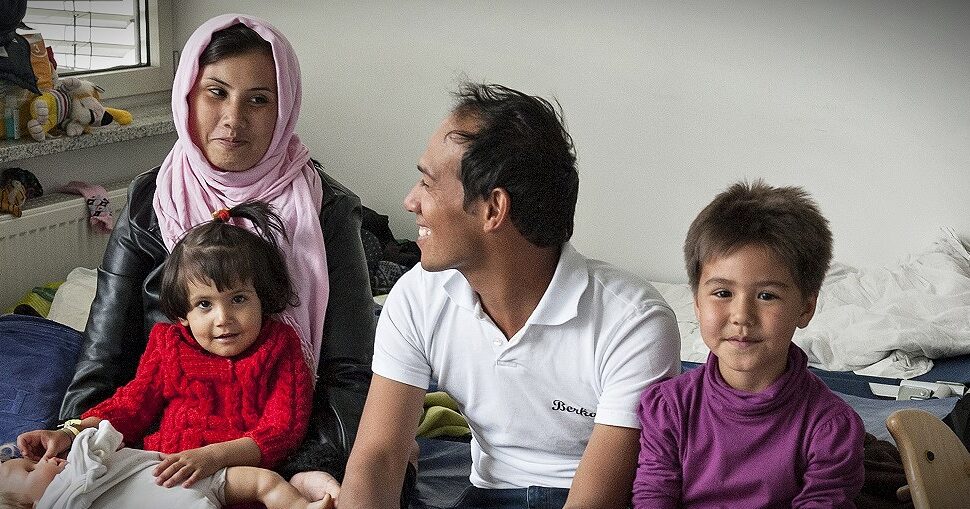Since the last evacuation flights left Afghanistan, there have been over 68,000 Afghan allies housed on Department of Defense bases waiting for resettlement. The scope and size of the mission, designated as Operation Allies Welcome, is of historic proportions. It has brought together interagency governmental taskforces, refugee resettlement organizations, non-profits, national and local philanthropy, the private sector, and the broader American public.
While the speed of operation has started to pick up across the country, there are still critical structural readiness issues facing the State Department’s resettlement agency partners that have kept Afghan refugees on military bases. Broader market conditions such as high housing costs have also delayed efforts to get refugees off bases and into their new homes. Now a new Biden administration initiative aims to speed up that process.
On Monday, October 25, the State Department announced that they are partnering with the Community Sponsorship Hub to launch the “Sponsor Circle Program.” This program will allow groups of five American citizens to join together to provide resettlement services for a minimum of 90 days to Afghan refugees across the country.
This private program—a first of its kind for aiding refugees outside of normative channels—is intended to significantly expand capacity to resettle Afghans. Additional advantages of the program include finding innovative pathways for local communities to support refugees, raising private capital to aid in the resettlement effort, and stress-testing the private sponsorship model ahead of the possible creation of a more permanent sponsorship program in the years to come.
The Sponsor Circle Program application process will be managed end-to-end by the Community Sponsorship Hub (CSH), who will offer advisory guidance for self-formation of a sponsor circle and ensure that certain benchmarks are met. This includes background checks, proof of funds ($2275 per evacuee), “knowledge checks,” and submission of a detailed welcome plan.
Finished applications will then be comprehensively reviewed and after approval, the sponsor circle will be matched with an Afghan refugee family. According to the State Department, services that Sponsor Circles are responsible for include securing housing, providing necessities (clothing, furniture, groceries, personal care items), assisting with applications for state and federal benefits, and most importantly, orienting the family to the local community.
Over the last decade, there has been significant pressure to grow community sponsorship networks of this kind due to the increasing volume of refugees fleeing persecution, violence, and civil war. At the same time, there is evidence to suggest that private sponsorship helps ensure that governments remain committed partners in refugee resettlement and that resettlement programs sustain institutional support.
For example, Canada has been a leading model of sponsorship, most recently setting a goal to resettle 22,500 refugees through private sponsorship alone, compared to only 12,500 via government assistance. That is to show that citizens are both capable and willing to participate in collaborative government programs of the kind, if given the chance.
The success of the Sponsor Circle Program experiment will hinge on the ability of Americans of all backgrounds to collaboratively work together, with common purpose, to accomplish this once-in-a-generation mission. Not only will this effort assist our Afghan allies in their moment of need, but it can be precedent-changing for how Americans welcome those who see our country as the bastion of freedom and opportunity.
FILED UNDER: #Afghanistan, Biden Administration


